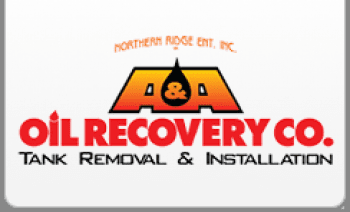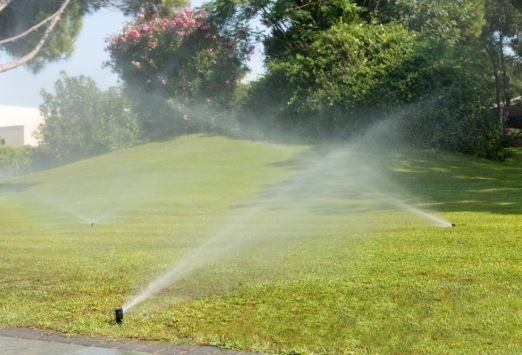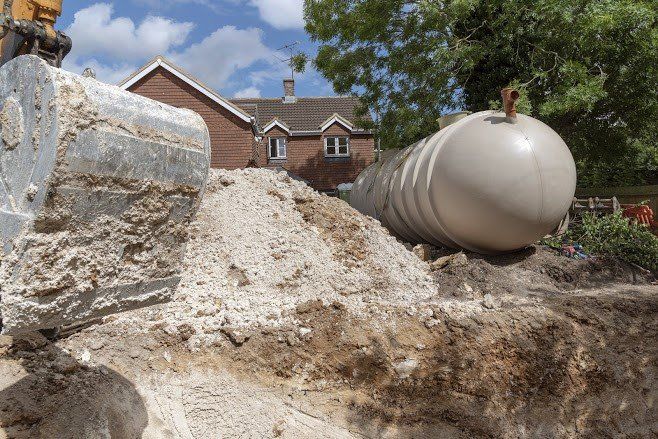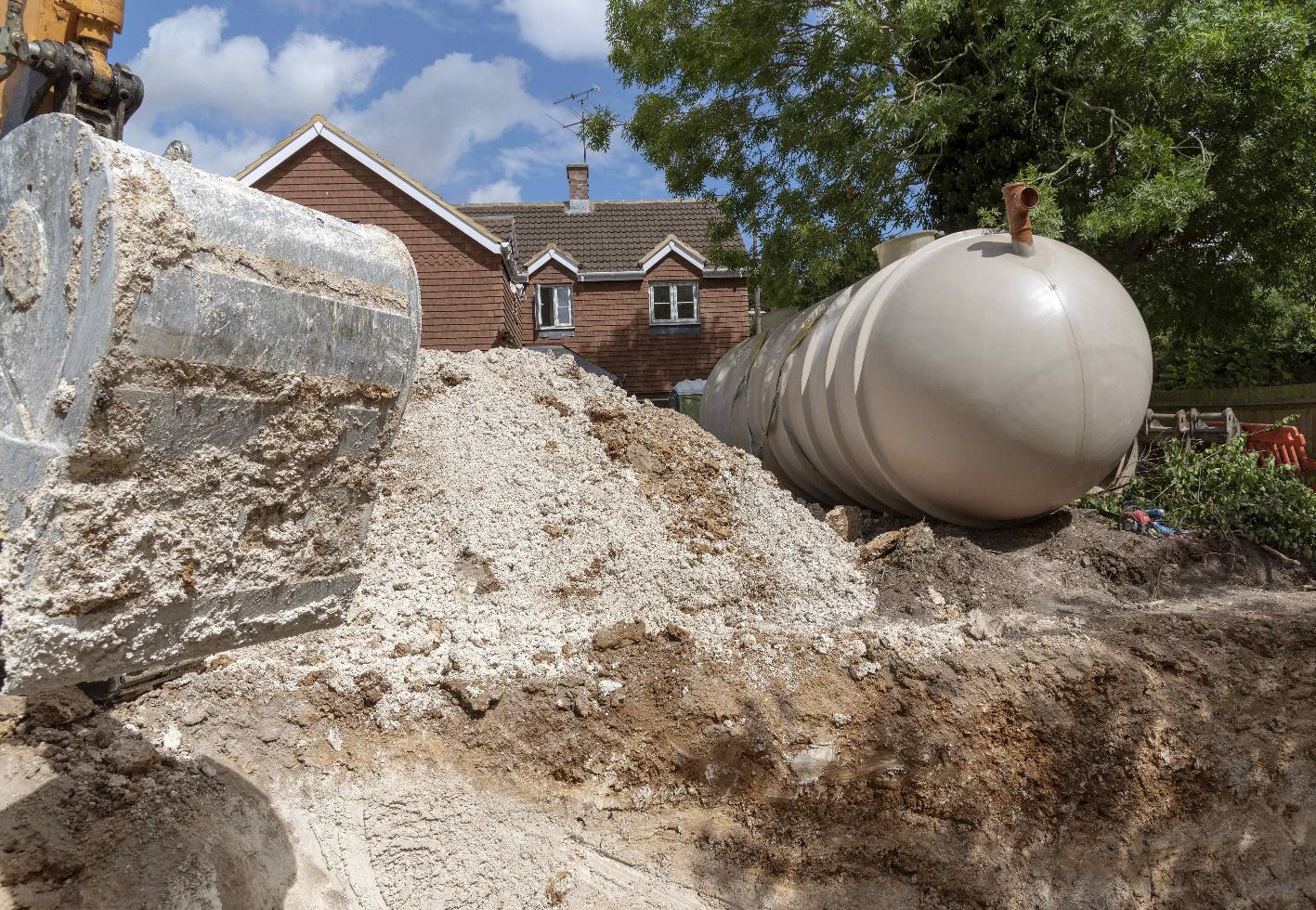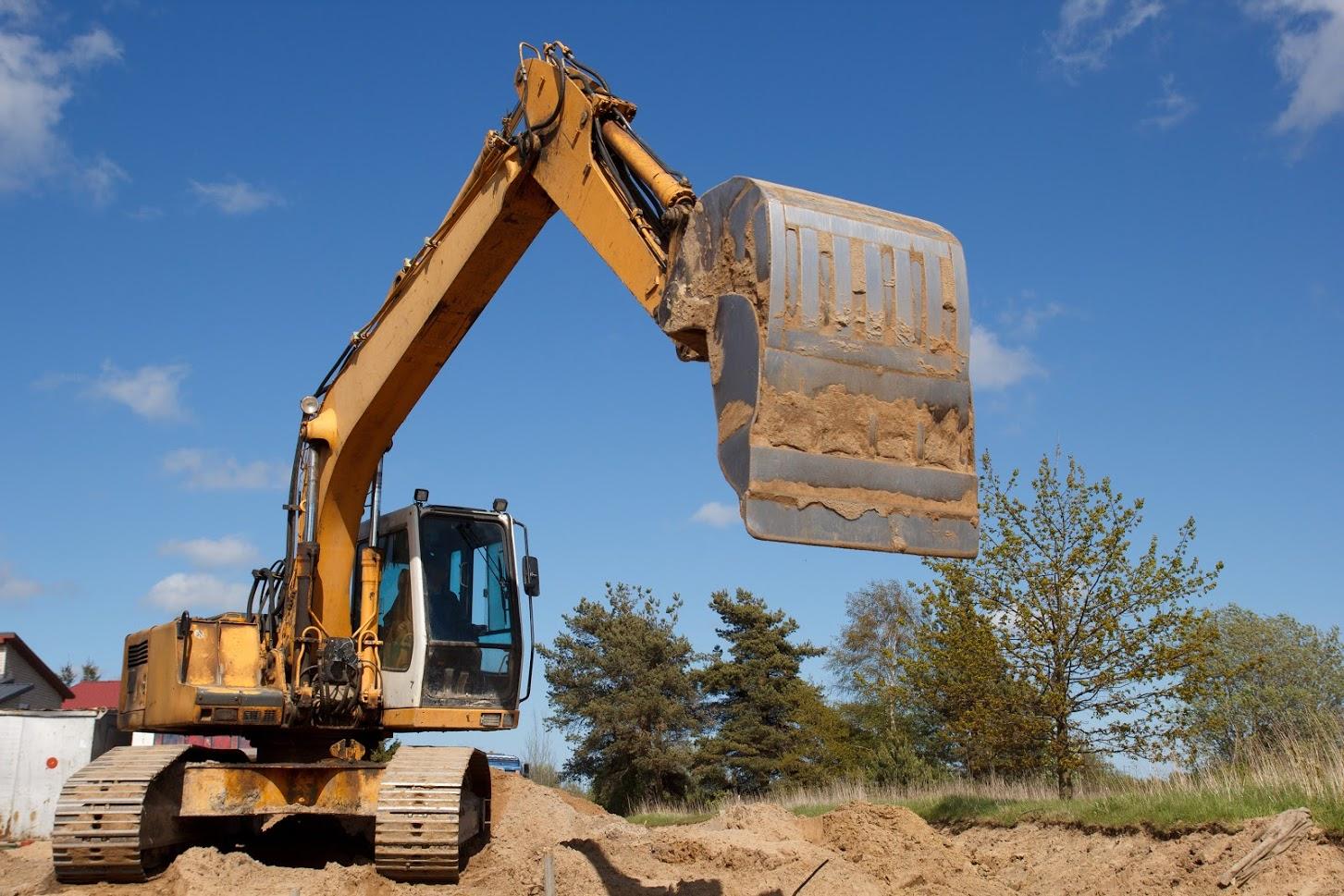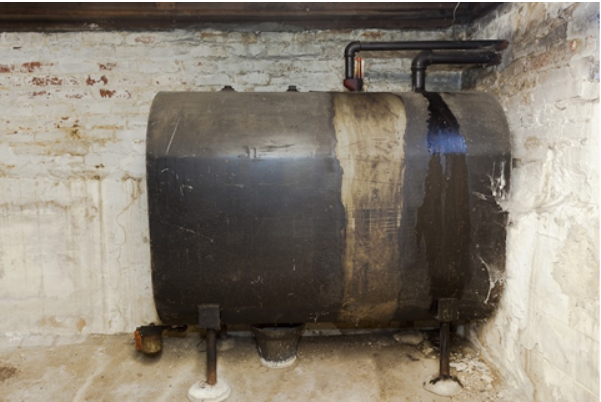4 Ways Your Old Oil Tank May Be Hazardous

Fuel oil is a common heat source for many homes, but just as many homes have old tanks that are no longer in use. Ignoring an old tank on your property may seem like the most straightforward option, but that old tank may pose an environmental and health hazard. Even a tank that's still in use can potentially be hazardous.
Since the environmental issues created by oil tanks are not always visible, it may not be apparent when it is time to replace yours. If you have an oil tank located on your property, then it will pay to keep these four serious environmental concerns in mind.
1. Tank Vapors
If piping from your tank runs through your basement or another part of your home, then leaks in the tank or the plumbing can produce detectable vapors. You should always treat a detectable odor as a cause for alarm, as it most likely indicates a problem with your tank or fuel oil lines.
Note that while the health effects of short-term exposure to fuel vapors are limited, longer-term vapor exposure can have serious consequences. Unfortunately, vapors also tend to spread unchecked throughout a home. Do not assume that you are safe just because the odor is only present in your basement or other confined space.
2. Drinking Water Contamination
Leaky tanks are especially concerning for homeowners that use well water. Many oil tank installations predate regulations limiting their placement, often leading to tanks that are too close to wells. Once the tank begins to leak, the oil will quickly find its way into the groundwater supply. Unlike many contaminants, you cannot rely on your soil to filter away fuel oil.
Resolving groundwater contamination is rarely an easy process. Properly restoring groundwater will first require workers to perform environmental cleanup on the surrounding soil. Once the ground is free of heating oil, crews can use specialized equipment to pump and treat the affected water. This process is typically costly and challenging, making it all the more important to remove troublesome tanks early.
3. Basement Leaks
While most environmental concerns rightfully focus on underground storage tanks, in-home tanks can pose their own set of hazards. It can be easier to spot a basement tank leak, but that doesn't make them any less dangerous. Leaking basement tanks can allow a more considerable amount of vapor to enter the household, and the oil itself creates a fire hazard.
Surprisingly, oil leaks from basement tanks can sometimes find their way into the soil or even nearby groundwater. Many homes have basement drains that empty into lawns, providing a potential path for leaking oil to escape into the environment. An old, leaky basement tank may contaminate more of your property than you realize.
4. Plant and Wildlife Impacts
The beauty of your home isn't just the house itself but also the surrounding land and the creatures that inhabit it. A leaking oil tank can poison the soil and water that these organisms rely on, ultimately harming the natural environment around your home.
Sadly, it can be especially tricky to spot this particular kind of contamination. It may not be apparent why your plants are suddenly less healthy or why fewer animals inhabit your property. For this reason, it is all the more important to stay on top of proper tank maintenance and replace your old tank as needed.
The best way to avoid severe environmental contamination is to remove your old tank once it is past its prime. Any tank that is more than 15 years old is a candidate for removal, and A & A Oil Recovery Co. can help you to get the job done. Contact us today to schedule your tank removal!
Contact Information
Address: Wayne NJ 07470
Phone: 973-709-1700
Email: info.aaoil@gmail.com
Join Our Mailing List
Contact Us
We will get back to you as soon as possible.
Please try again later.
Browse Our Website
Contact Information
Address: Wayne NJ 07470
Phone: 973-709-1700
Email: info.aaoil@gmail.com
Join Our Mailing List
Contact Us
We will get back to you as soon as possible.
Please try again later.
